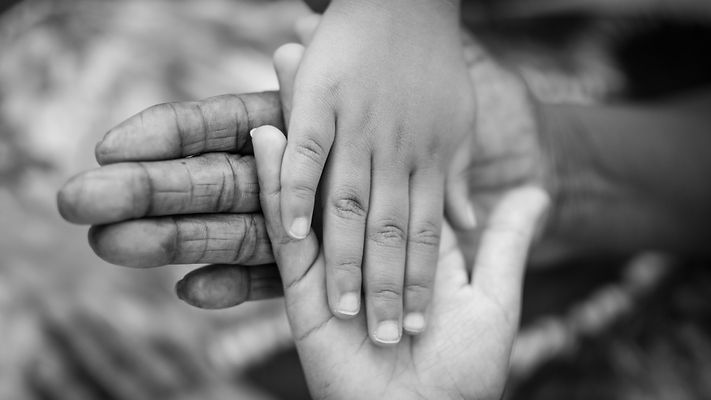These areas of inquiry are not really “new kids on the block” in the art and science of psychology, but in some ways they are. Dating back to philosophers such as Friedrich Wilhelm Nietzsche, these sages have informed the practice of psychology. Whether one would consider philosophy a form of spirituality is up for debate, but certainly, focus on the larger questions like “Who am I?” “Why am I here?” “What will I do with this time?” fall within the introspection that is at the heart of most forms of counseling. Within the last decade or so, the literature in psychology that integrates religion and spirituality has exploded. Everett Worthington, Jr., Ph.D., a former professor and person of faith, has been receiving grants to study forgiveness from a Christian perspective. His research has been published in mainstream psychology journals such as Journal of Counseling Psychology, Journal of Consulting and Clinical Psychology & Journal of Mental Health Counseling. In 2014, the American Psychological Association published a journal entitled Journal of Religion and Spirituality. Something we would have considered hearsay back in the day. The data is unequivocal that having some sort of belief system that involves considering faith in something other than oneself is correlated with stronger immune functioning, less depression/anxiety, lower rates of addiction and more satisfaction with life. There is research in the area of sport psychology examining the role faith plays in athletic performance.
Below are some topics for discussion with people I see:
-
Anger at your experience being raised in a faith tradition – for example, identifying as a “Recovering Catholic."
-
Confusion about believing in a Higher Power of some kind.
-
Anger and feelings of betrayal towards God.
-
Exploration of other faith traditions, i.e. non-denominational churches, Buddhism, Sufism.
-
Wondering what spirituality is and the role it can play in your life.
-
Difference between religion and spirituality.
-
Interest in contemplative practices like prayer, meditation, guided visualization, journaling.
-
Struggling with why bad things happen to good people.
-
Is there evil in the world?
-
Struggling with our morality and what happens after we die.



